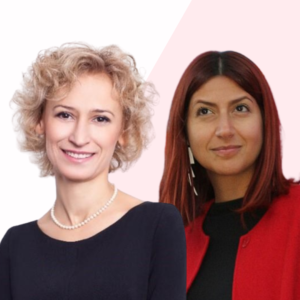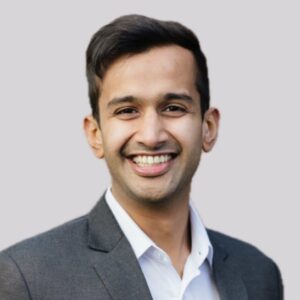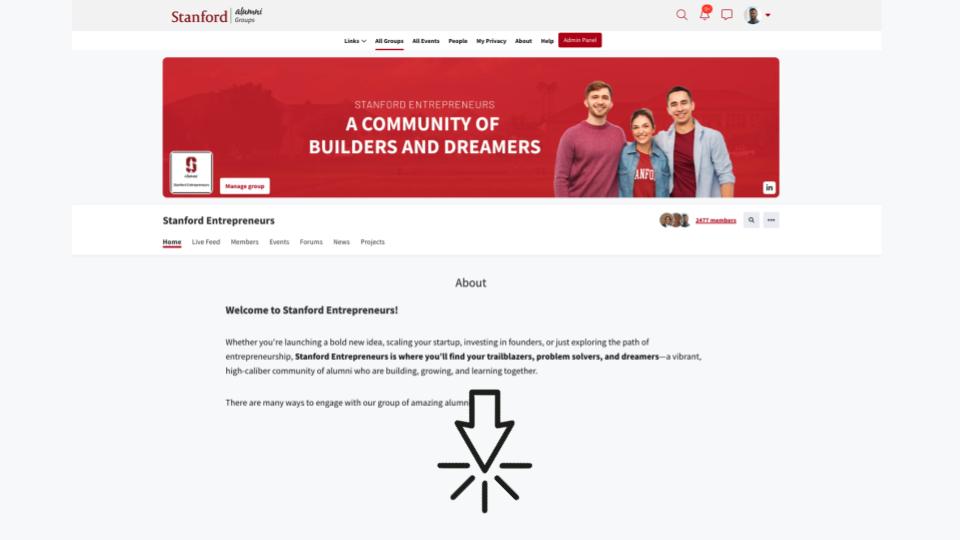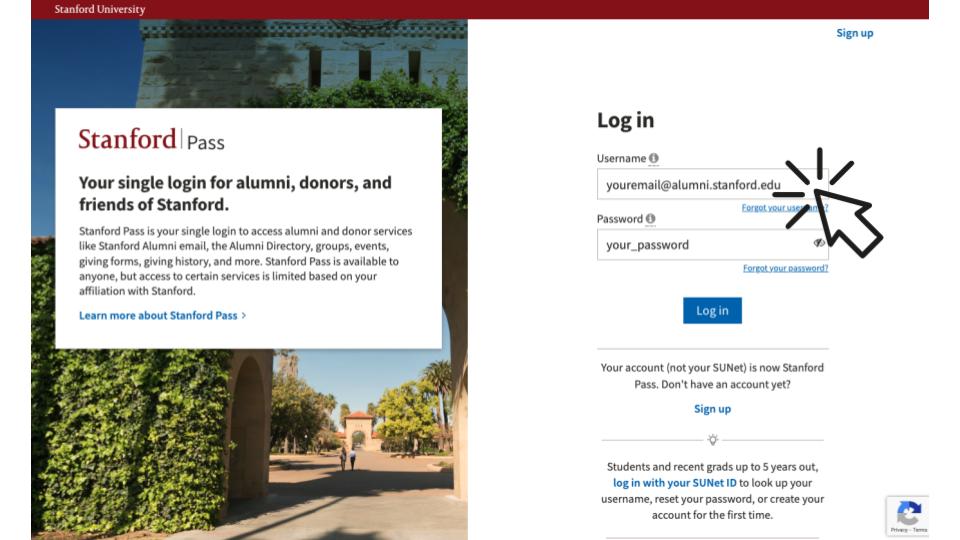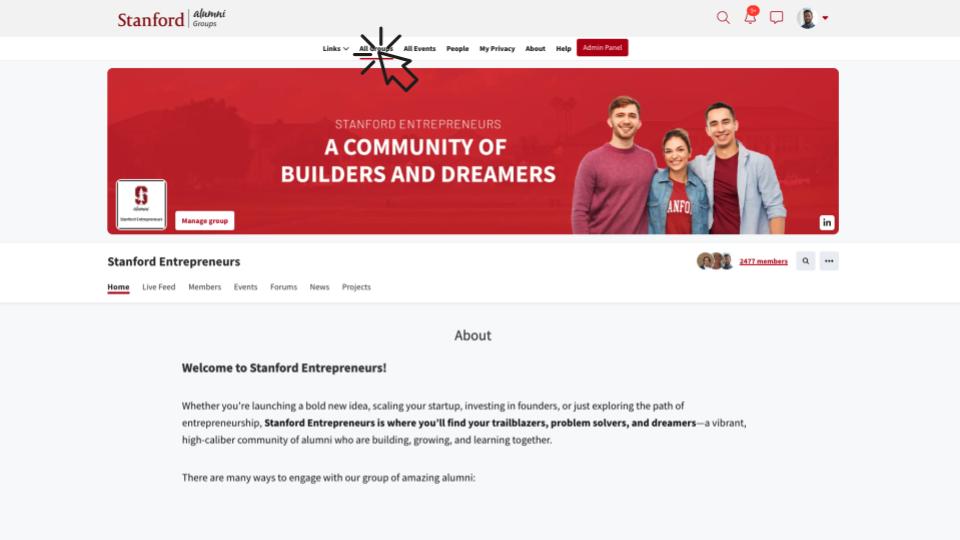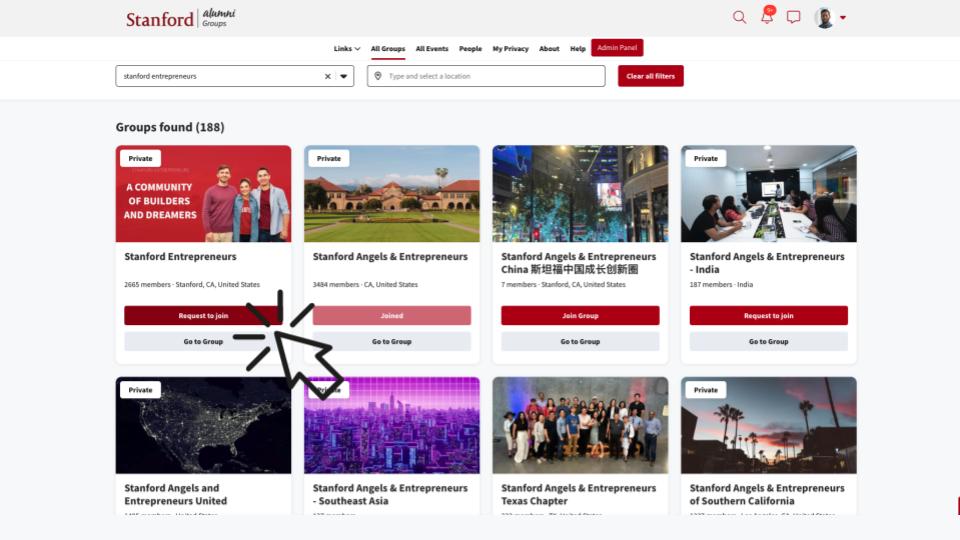Sonia Garcia
Founder, Amae Health
📍 Current City: San Francisco, CA
🎓 Education: Stanford, M.S. in Engineering Design. Rice, B.S. Bioengineering
📞 Claim to Fame: Founder of Amae Health, a revolutionary approach to mental illness.
🚀 Entrepreneurial Journey: Conceived the idea for Amae Health at Stanford, co-founded it in 2022, and has since launched four clinics with six more on the way.
💡 Superpower: Endurance.
🏆 Fun Fact: During the pandemic, Sonia painted an inspiring mantra series: ‘Live This One // Vivelo’ in acrylic gouache on Yupo Polypropylene paper– to bring energy, presence, and connection to the Stanford community under quarantine. It earned a COVID‑19 Creative Response Grant and was featured by Stanford Arts to uplift its community in shelter‑in‑place isolation.
From Personal Experience to Pioneering Mental Health Care: Sonia’s Journey to Amae Health
Sonia, the co-founder and Chief Growth Officer of Amae Health, is at the forefront of a revolutionary approach to severe mental illness care. Her journey is deeply personal, rooted in family experiences that ignited an unwavering passion to transform how mental health is treated. Amae Health aims to push boundaries, venturing into the space of finding a cure for chronic conditions like schizophrenia and bipolar disorder, striving for symptom remission over years, akin to the five-year remission benchmark in oncology.
The Personal Spark: A Catalyst for Change
Sonia’s upbringing in a conservative Hispanic household in South Texas by the border with Mexico meant that mental health was a taboo subject, leading to silent suffering within her family. When she was 16, her family experienced the profound loss of her father to suicide. Sonia describes this as “the hardest thing we ever lived through”, a devastating event that profoundly affected her family and society, prompting deep reflection on life’s fragility. This personal tragedy became the catalyst for her lifelong mission to help families like hers and improve people’s quality of life.
Her early professional path began with a scientific approach, studying biomedical engineering at Rice University, where she explored psychology, sociology, and systems engineering. She partnered with medical labs, investigating chemical imbalances and digital therapeutics. However, she grew frustrated with the slow pace of academia, feeling that real change would not reach people in her lifetime. This led her to healthcare consulting, where she gained crucial insights into hospital and health insurer decision-making regarding behavioral health and the complexities of regulatory frameworks, billing, and reimbursements.
The urgency of her mission intensified when her younger brother, at the start of his college career, went missing and was later found in the Midwest experiencing full psychosis and in a difficult situation with law enforcement. Diagnosed with schizoaffective disorder, her family endured a harrowing four years trying to find effective care in the U.S., fearing a similar fate for him as their father. Despite Sonia’s existing network and healthcare education, navigating the system was impossible. She observed that various interventions, hospitalizations, involvement with the justice system, and outpatient programs, often left him worse. Sonia also highlighted systemic issues, including concerns about patient well-being and restrictions on family communication and visitation in some hospital units, at times under the alleged misapplication of HIPAA.
A Light Bulb Moment in Mexico
After exhausting all options in the US, her family made the pivotal decision to take her brother to Mexico. There, they discovered a holistic clinic run by a psychiatrist who oversaw a comprehensive team including nurses, psychologists, nutritionists, dietitians, an exercise coach, and a spiritual coach. This was a light bulb moment for Sonia, realizing it was exactly what they needed but had never found in the US. The absence of HIPAA restrictions in Mexico allowed for greater family involvement, fostering a collaborative approach to treatment.
Her brother gradually improved, and within about six months, Sonia felt like she could recognize him again. This transformative experience cemented her conviction: she had to make this happen in the U.S., believing it was the key to really delivering comprehensive holistic long-term care.
Comparing the U.S. and Mexican healthcare systems, Sonia noted that while the Mexican system might appear less advanced, it was shockingly better in some ways. She attributes this to a very human-led, very community-driven approach, where common sense prevails over rigid rules and laws. The focus is on doing right by the patient, ensuring everyone communicates and the family is deeply involved as a crucial support system. This integration of cultural norms, like shared meals for nutrition and spiritual practices, resonated deeply with her brother, fostering a sense of safety and trust.
Founding Amae Health: Conviction Against the Odds
This “aha moment” led Sonia to Stanford, where she pursued a healthcare track at the design school, drawn to its multidisciplinary and human-centered approach. She designed her thesis around mental health innovation for young adults, integrating concepts of belonging, resilience, and community. As a Knight-Hennessy Scholar, she gained invaluable resources, mentorship, and connections, refining her ideas through deep dives into various projects across medical, social sciences, behavioral economics, and business schools. Her experience as a Threshold Venture Fellow also provided insights into venture capital.
After graduating in 2020, amidst the pandemic, Sonia joined Brightline as employee number five, helping to scale it from a seed-stage startup to a successful company with a $105 million Series C round from KKR. This experience provided immense learning, but she felt a strong pull to address the needs of high-acuity, chronic, severely mentally ill patients, like those in her own family.
In January 2022, Sonia and her co-founder, Stas Sokolin, founded Amae Health. They brought on a Chief Medical Officer (CMO), Dr. Scott Fears, a board-certified psychiatrist and neuroscientist, whom Sonia describes as the American counterpart to her brother’s psychiatrist in Mexico, Dr. Jose Castillo Ruiz. Together, they co-designed a clinical model that leveraged Scott’s expertise from traditional and academic settings, now applying technology and scalability.
Their core conviction was to build a psychiatry-led, in-person model, even in 2022 when virtual care was dominant and favored by investors. This steadfast commitment led to significant challenges: Sonia recalls facing 40 to 50 rejections at the seed stage, with investors unwilling to back a brick-and-mortar business. Despite the pressure to pivot to a virtual model, they held firm to their belief that uncompromising quality care was essential for differentiation and long-term success. Ultimately, they secured amazing investors who supported their vision, navigating through many hard, late nights to get there.
Amae Health has since built strong affiliations with prestigious academic medical centers, including NewYork-Presbyterian, Cedars-Sinai, and Stanford Health Care, helping to safely transition patients from emergency rooms and inpatient units into ongoing care.
Measuring Impact and Defining Success
Amae Health employs robust, evidence-based methods to track patient progress and demonstrate value. At the patient level, they use the Computer Adaptive Testing for Mental Health (CAT-MH)—a validated digital assessment developed by Dr. Robert Gibbons at the University of Chicago. This tool accurately measures symptoms across a wide range of domains, including depression, anxiety, suicidality, psychosis, mania, eating disorders, and substance use. Administered weekly, CAT-MH provides clinicians with real-time insights that inform personalized treatment plans. Additional tracked metrics include medication adherence and engagement rates.
For hospital partners and insurers, success is measured by reducing avoidable readmissions and meeting critical 7- and 30-day follow-up benchmarks. Amae supports this by delivering structured, longitudinal care outside the hospital, creating a more stable and less disruptive environment for patients. This approach not only improves outcomes for high-acuity individuals but also reduces costs for payers.
Grounded in Faith, Driven by Resilience
When asked how she stays grounded amidst the demands of entrepreneurship, Sonia describes the journey as both extraordinarily humbling and the privilege of a lifetime. Her unwavering anchor is her faith, which helps her navigate difficult moments with perspective and trust that everything happens for a reason– including the profound loss of her father, which ultimately shaped her “why.”
For aspiring entrepreneurs facing hard moments, Sonia offers powerful advice:
• No feeling is final: Difficult times will pass, and new chapters will emerge.
• Lean into the hard: Facing challenges head-on builds strength, regardless of the outcome.
• Resilience is a superpower: More than intelligence or charm, the ability to undergo hardship and persevere is what truly makes a difference. This skill is built through experience, not easily acquired.
• Honor your motivations: Let your why be the fire that builds stamina and drives you forward.
She also offers a note of caution: don’t start a company without a strong motivating force. As rewarding as the journey can be, it comes with real challenges and serious risk. Sonia encourages prospective founders to assess their readiness, risk tolerance, and life stage, sharing that she herself did not start a company until she was 30.
Stanford’s Influence and Advice for Students
Sonia credits Stanford with changing the trajectory of her life. Among the most impactful experiences was a Smart Products course in the d.school, which fostered a maker mindset – the ability to tinker, create something from nothing, iterate, and troubleshoot until it works. This experience reignited a creative fire that she felt was often missing in the professional world.
She highlights Professor David Kelley, founder of the d.school and IDEO, as a profoundly impactful mentor. Kelley’s humility and generosity with his time, offering wisdom on life, love, and philosophy beyond academic subjects, left a lasting impression.
For any Stanford student aspiring to build something, Sonia’s advice is clear: Just do it. She encourages students to leverage Stanford’s decentralized nature by taking classes outside their discipline, even if not required. The best way to learn is by doing, she asserts, urging students to move beyond theoretical thinking to actively tinkering, testing ideas, talking to people, and seeking feedback. Stanford, she emphasizes, is the safest place where you can take the biggest bets and dare to step out of your comfort zone, embracing the opportunity to try, fail, and try again, especially for students often paralyzed by the fear of failure.
Looking Ahead
Amae Health is rapidly growing, currently operating across three states with plans to expand to five and counting, making hires nationwide. They are actively looking for talented individuals across tech, clinical, operations, strategy, and growth roles, and interested candidates can find opportunities on www.amaehealth.com.
Sonia expresses immense gratitude to mentors like Dr. Renata Ramos, Dr. Matthew Wettergreen, Heidi Roizen, Tina Seelig, John Hennessy, Jeff Wachtel, David Kelley, and Bill Burnett, who provided invaluable support and connection. Above all, she thanks her family, who are her reason and inspiration, consistently supporting her journey from the very beginning. Her journey is a testament to the power of personal conviction, resilience, and a bold vision to transform mental health care against all odds.



